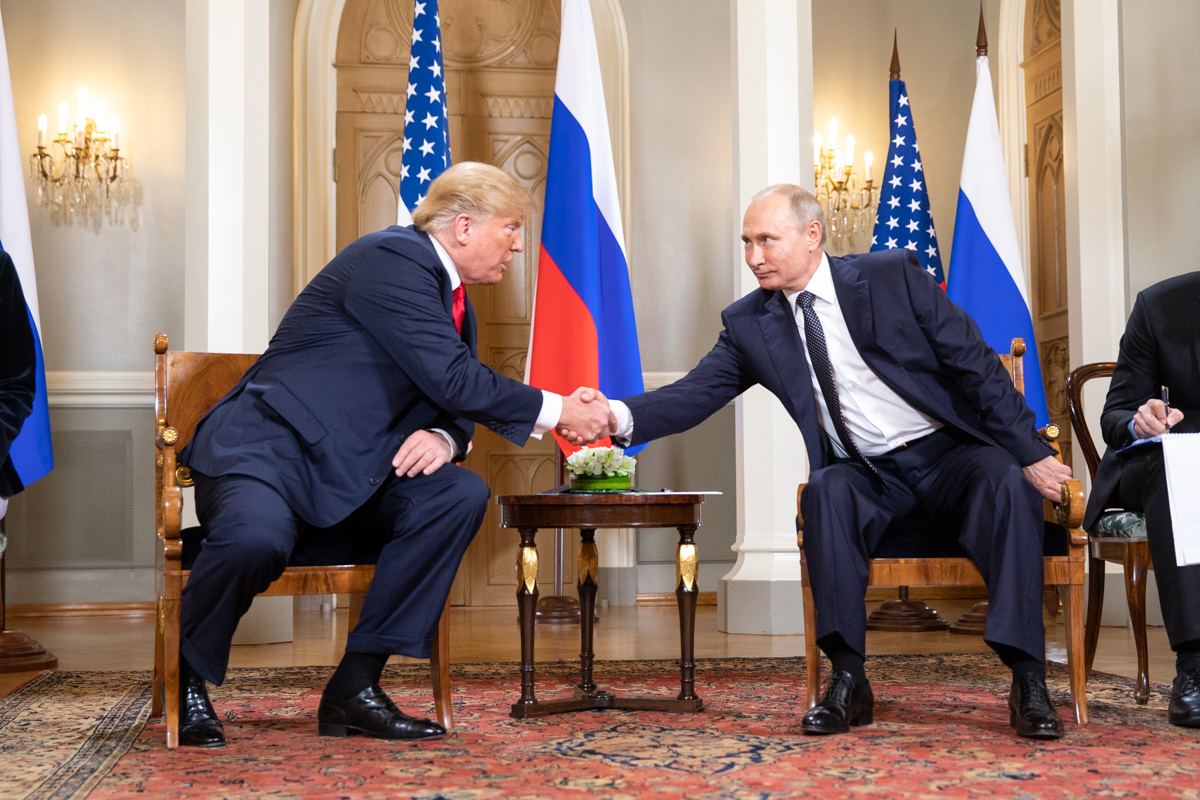Director of National Intelligence Tulsi Gabbard has released two emails that reveal significant information regarding the narrative surrounding Russian interference in the 2016 election. The emails, disclosed just two days before the Trump-Putin summit in Alaska, indicate that former DNI James Clapper promoted the claim that Russia hacked the Democratic National Committee (DNC) despite objections from then-National Security Agency chief Admiral Mike Rogers.
Explainer As A Former DC Cop, The Federal Takeover Was The Right Move
The timing of these emails is crucial, as the narrative pushed by Clapper was utilized to undermine the 2018 Trump-Putin summit in Helsinki. Just three days prior to the meeting, Special Counsel Robert Mueller indicted 12 Russian nationals on charges related to the DNC hack, a move seen by some as an attempt to create political turmoil. The indictments were made against individuals in Russia, making it unlikely they would face trial, thus avoiding the need for Mueller to substantiate the allegations.
During the Helsinki summit, President Trump confronted the hacking allegations directly, questioning why the FBI had not examined the DNC server. He noted that Putin had assured him of Russia's non-involvement, stating, "I don’t see any reason why it would be [Russia]." This stance led to widespread criticism of Trump, including pushback from his own DNI, Dan Coats, and many Republicans.
The newly released emails from Gabbard suggest that Clapper was aware of the lack of evidence supporting the DNC hack narrative. Clapper's response to Rogers's concerns included a commitment to stick to the narrative, indicating a desire to maintain a unified front despite conflicting intelligence. This narrative was crucial for the Intelligence Community Assessment ordered by President Obama, which aimed to attribute Trump's election victory to Russian interference.
An earlier report from the DNI, released by Gabbard last month, corroborates the doubts about the DNC hack, stating that the FBI and NSA lacked sufficient evidence to confirm that Russian state actors were responsible. The handling of the DNC hack investigation has been criticized, particularly the decision to rely on private cybersecurity firm CrowdStrike rather than the FBI.
CrowdStrike co-founder Dmitri Alperovitch had publicly attributed the hack to Russian actors in June 2016, but under oath in 2017, CrowdStrike's Chief Security Officer Shawn Henry admitted that there was "no direct evidence" that data had been exfiltrated from the DNC servers. Recent intelligence from Senator Chuck Grassley's office has further revealed that Russian intelligence intercepted communications discussing the DNC's strategy to link Trump to Russia, highlighting the complex narrative surrounding the allegations.
The release of Gabbard's emails is viewed by some as a vindication for Trump, who faced significant backlash for questioning the established narrative in 2018. The timing of the release may also serve to strengthen Trump's position ahead of the upcoming summit, allowing him to focus on diplomatic efforts rather than past controversies.
As discussions of U.S.-Russia relations continue, some suggest that terminating the Mueller indictment of the 12 Russians could be a necessary step to move beyond the contentious narrative that has dominated U.S. foreign policy. Dismissing the case would signal a willingness to improve diplomatic relations and put an end to the ongoing saga surrounding Trump and alleged Russian collusion.
Why it matters
- Gabbard's emails reveal Clapper's awareness of weak evidence for the DNC hack narrative, challenging the established story of Russian interference.
- The timing of the email release, just before the Trump-Putin summit, may influence diplomatic discussions and Trump's stance on Russia.
- The emails suggest a coordinated effort to maintain a narrative despite conflicting intelligence, raising questions about the integrity of the investigation.
What’s next
- Calls for investigations into the handling of the DNC hack and the role of private firms like CrowdStrike are expected to intensify.
- Upcoming diplomatic discussions may focus on the implications of Gabbard's revelations for U.S.-Russia relations and the Mueller indictments.
